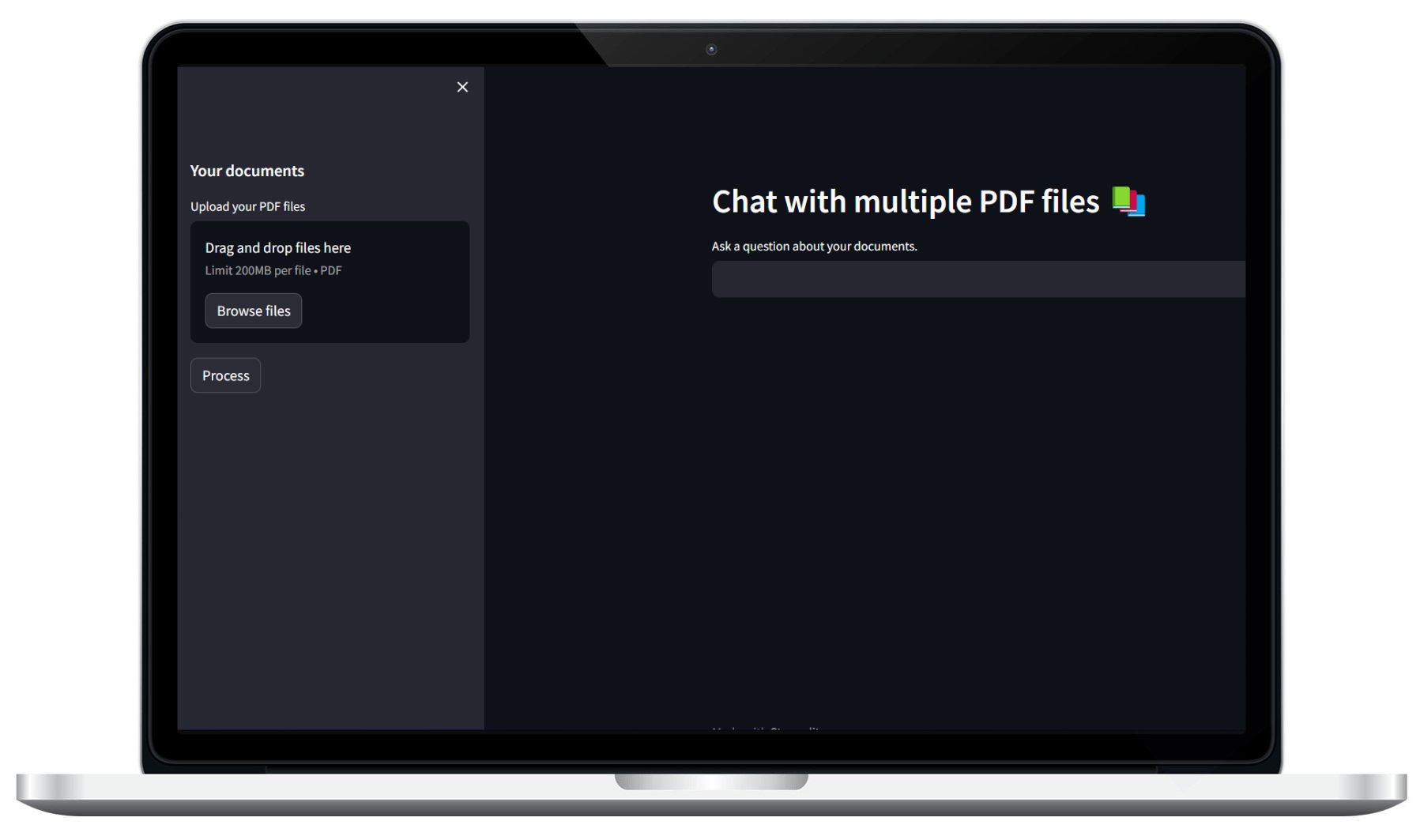
Introduction:
In a digital age where information is abundant but often challenging to access and digest, PDFChat emerges as a transformative solution.
PDFChat is a user-friendly AI application built to streamline the way individuals interact with PDF documents, offering an efficient and engaging means to extract valuable information.
This case study delves into the development, features, and impact of PDFChat.
Objective:
To develop an AI-driven application that simplifies the process of extracting information from PDF documents by allowing users to upload PDF files and ask questions to an AI chatbot.
Key techniques used:
Key Features:
User Experience and Efficiency:
PDFChat significantly enhances the user experience when dealing with PDF documents.
Users can now bypass the cumbersome process of manually sifting through lengthy PDFs to find specific information.
The AI chatbot efficiently retrieves answers from the documents, reducing time and effort.
With free huggingface models the embedding goes slow but with a paid version that costs(0.04 per embedding) the embedding is done in less than 4 seconds.
Information Accessibility:
The project promotes information accessibility by breaking down the barriers presented by complex documents.
Users can pose natural language questions, making PDF content more accessible to individuals without specialized expertise in a particular subject matter.
Versatile Application:
PDFChat caters to a wide range of users, from students and researchers looking for specific data in academic papers to professionals seeking quick access to critical information within business reports.
Its versatility positions it as a valuable tool for various sectors.
Enhanced Document Management:
By integrating AI technology with PDF files, the project aids users in improved document management.
Users can search and retrieve content more efficiently, enhancing overall productivity.
Data Privacy and Security:
A paramount concern in the development of PDFChat is data privacy and security.
The application ensures that user-uploaded PDFs are processed securely, assuaging concerns about data exposure or breaches.
Conclusion:
PDFChat represents a pivotal development in the quest to improve document interaction and accessibility.
By harnessing the power of AI and a user-friendly interface, PDFChat empowers users to extract valuable insights from PDF files with ease.
This project has the potential to reshape how individuals and professionals across diverse domains engage with complex documents, making information more readily available and actionable.